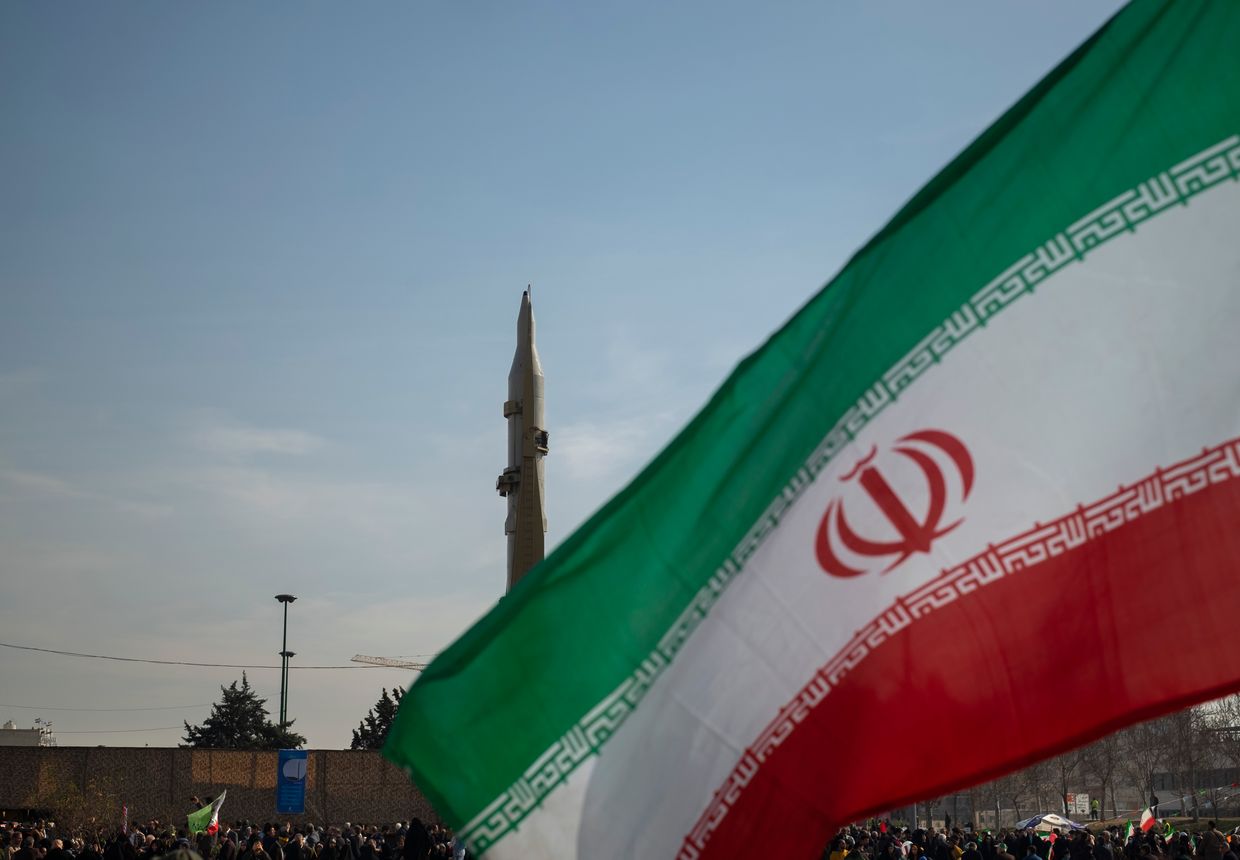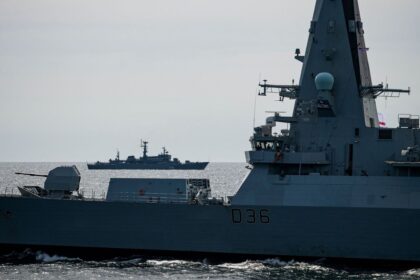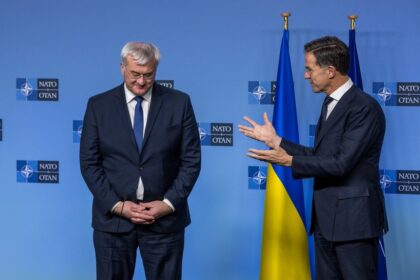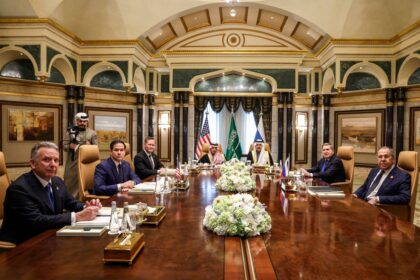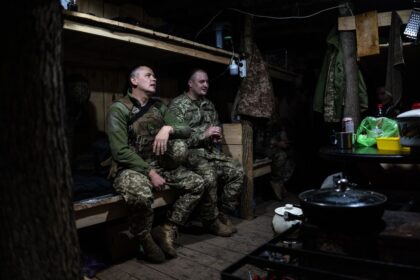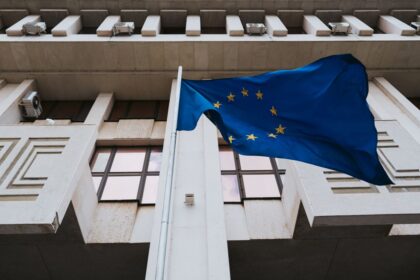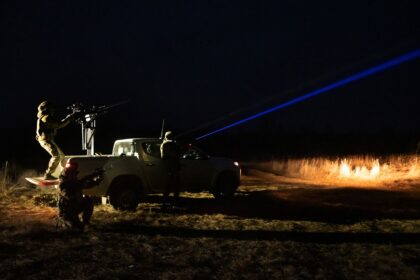**Iran Challenges International Court of Justice Ruling in PS752 Case**
On April 17, Iran filed a case with the International Court of Justice (ICJ) against Ukraine, Canada, Sweden, and the United Kingdom. Tehran is seeking to overturn a ruling by the International Civil Aviation Organization (ICAO) that held it responsible for the downing of a Ukrainian passenger jet in 2020.
The incident occurred on January 8, 2020, when Ukraine International Airlines Flight PS752 was shot down near Tehran by Iranian air defense forces. All 176 people on board were killed, including citizens from several countries.
In its complaint to the ICJ, Iran argues that the ICAO Council exceeded its authority in accepting a joint complaint from the four countries involved. Iran claims that under Article 84 of the Chicago Convention, the Council had no jurisdiction to hear the case because the involved states failed to engage in adequate direct negotiations with Tehran before submitting their complaint.
The case has significant implications for international aviation law and the relationship between Iran and the West. It remains to be seen how the ICJ will rule on this matter.
**Background**
In January 2020, Ukraine International Airlines Flight PS752 was shot down by Iranian air defense forces, killing all 176 people on board. Initially, Iran denied responsibility, blaming mechanical failure. However, days later, it acknowledged that the aircraft was mistakenly targeted amid tensions with the US.
An Iranian court sentenced 10 military personnel over the incident in April 2023, but the trial was widely criticized as a “sham” by the International Coordination and Response Group representing the victims’ countries.
**Analysis**
The ICJ case represents a significant escalation of tensions between Iran and the West. The ICJ has previously ruled on several high-profile cases involving international aviation law, including the downing of a Libyan airliner in 1988.
This case highlights the complexities of international aviation law and the challenges of holding countries accountable for their actions. It remains to be seen how the ICJ will rule on this matter and what implications it may have for future cases involving international aviation law.
The case also underscores the ongoing tensions between Iran and the West, particularly in the wake of the PS752 tragedy. The incident has had significant consequences for relations between the two sides, including diplomatic fallout and economic sanctions.
**Next Steps**
The ICJ will now consider Iran’s complaint and decide whether to hear the case. If it does, it will be up to the court to rule on the matter, taking into account international aviation law and the principles of justice and accountability.
In the meantime, tensions between Iran and the West remain high, with ongoing diplomatic efforts aimed at resolving various disputes. The ICJ case represents a significant challenge for these efforts, as both sides seek to resolve their differences in a fair and just manner.
As the ICJ considers this matter, it is essential to remember that justice and accountability are essential components of international relations. The PS752 tragedy was a tragic event that claimed the lives of 176 innocent people, and it is crucial that those responsible are held accountable for their actions.




